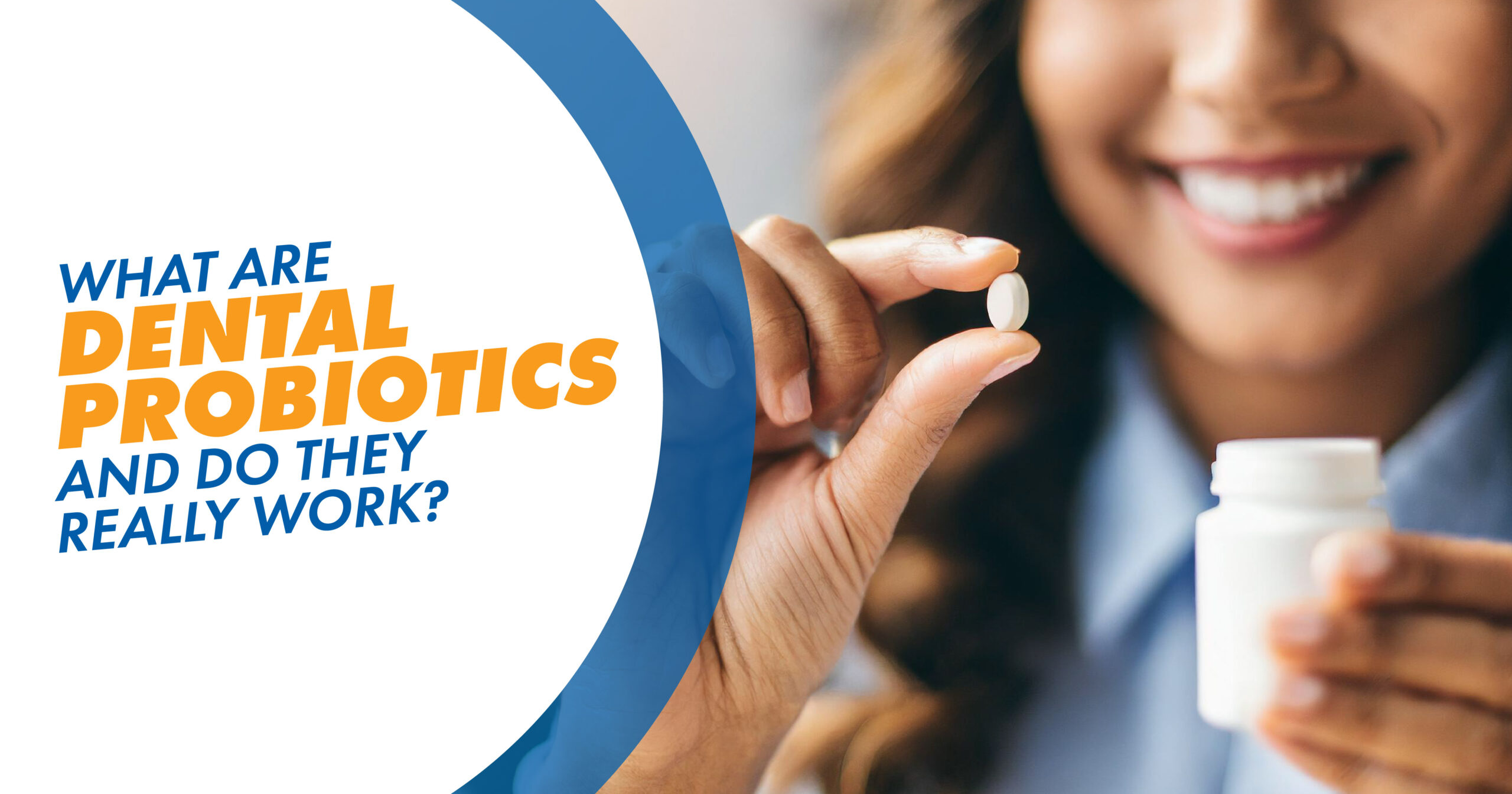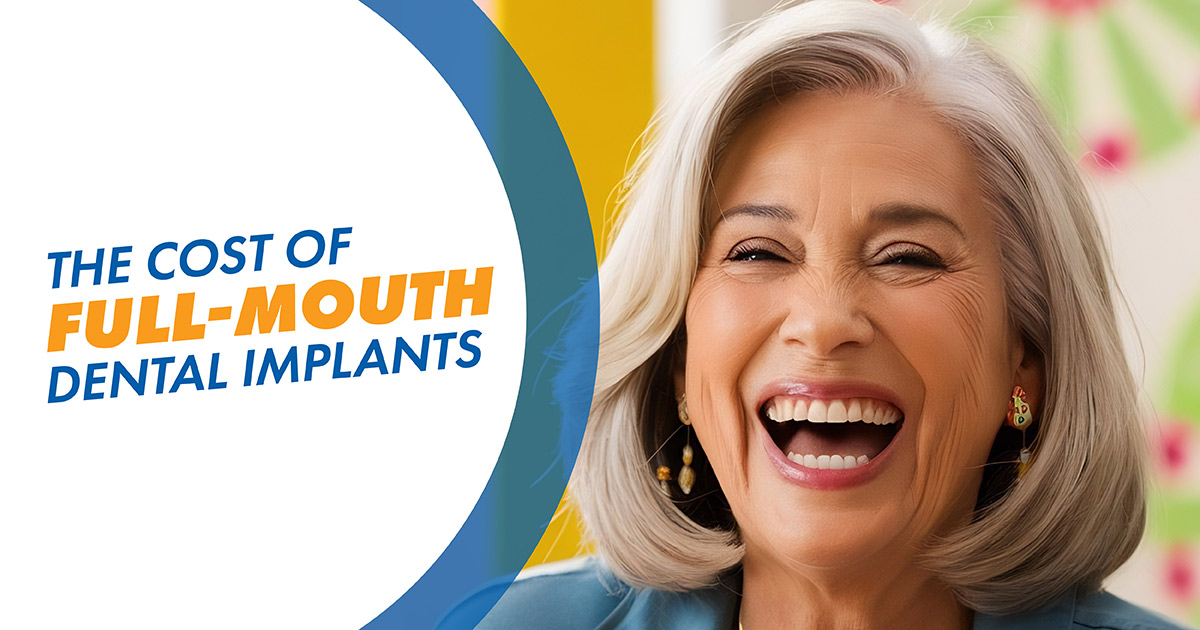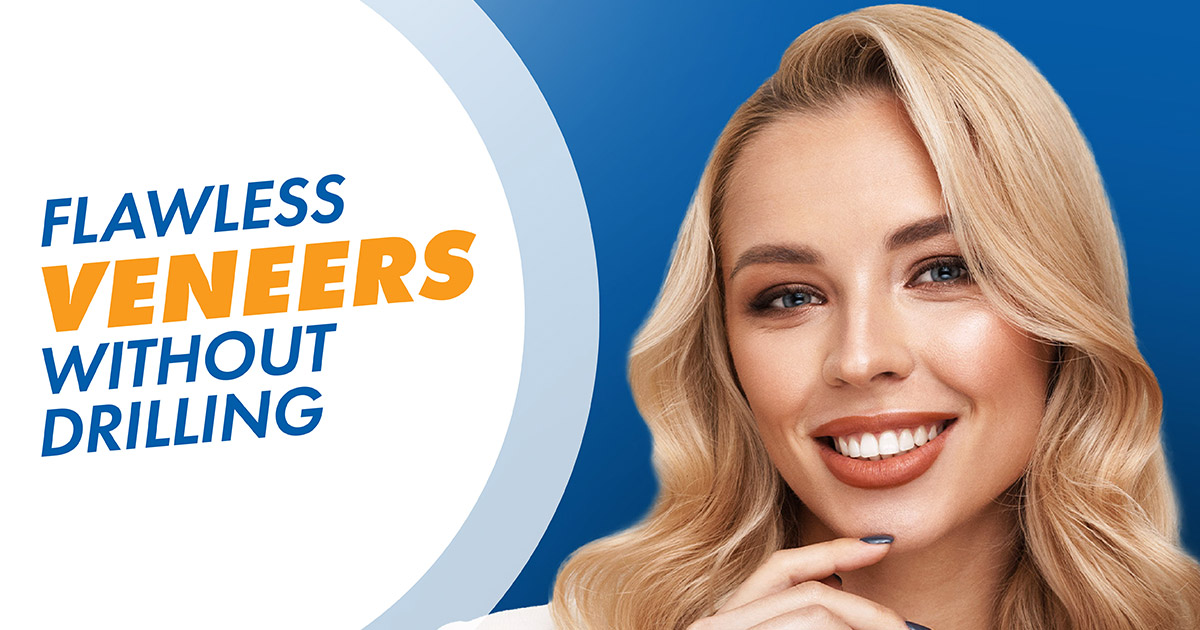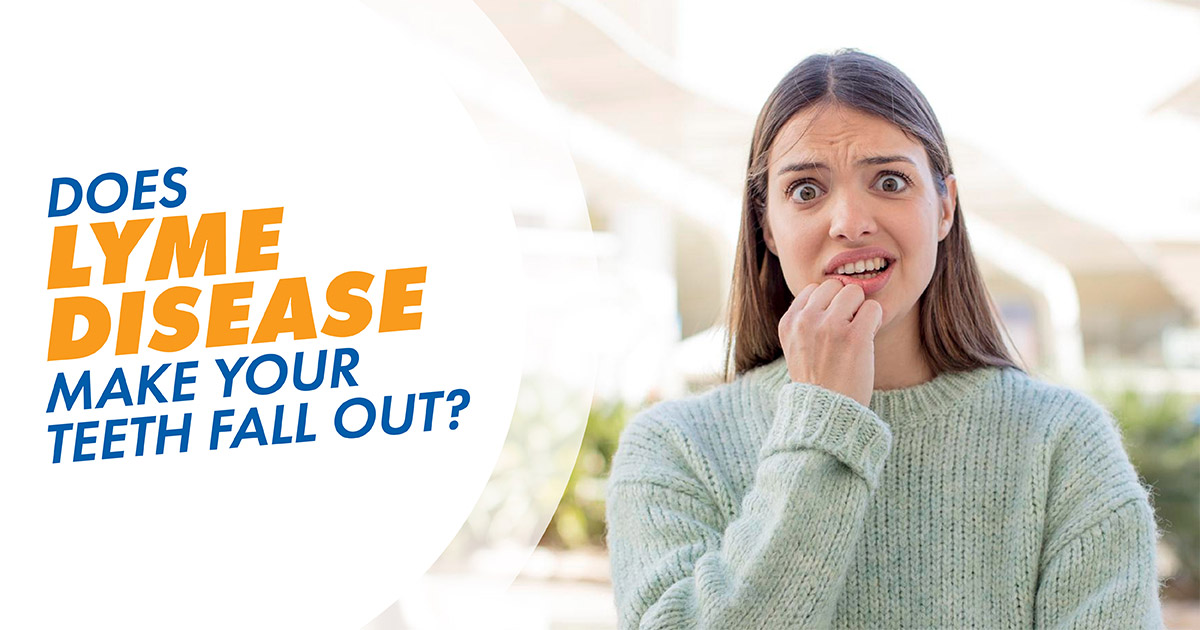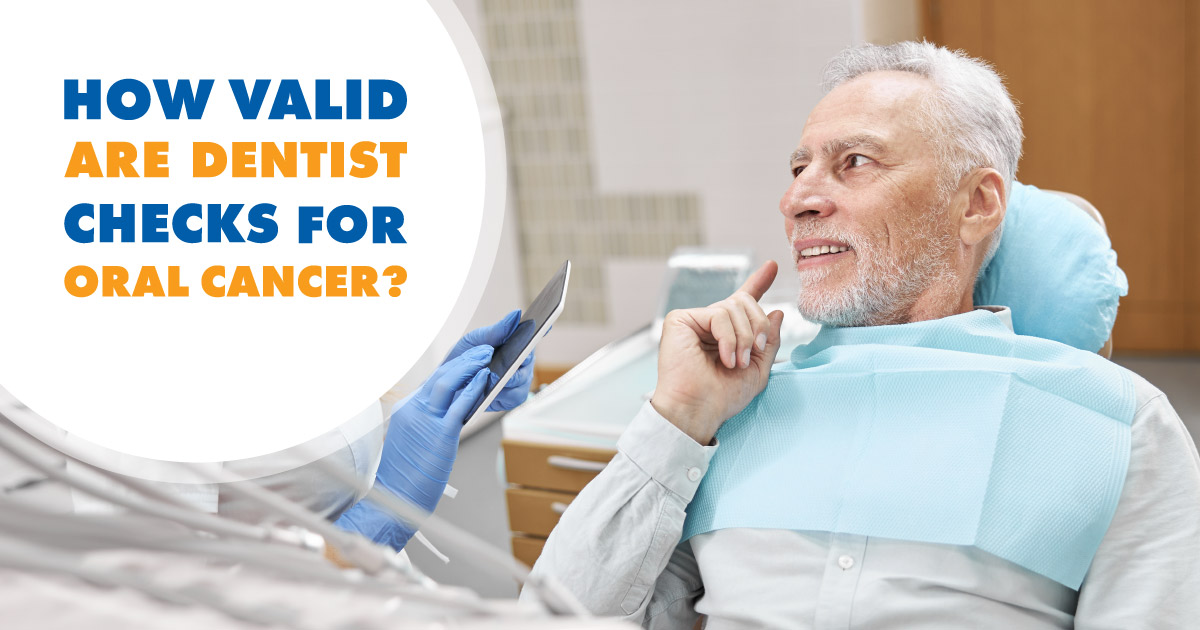
If you’ve been researching how to get the best porcelain veneers for a confident, natural-looking smile, you’re not alone. Veneers are one of the most popular cosmetic dentistry treatments because they can completely transform your smile in a single procedure.
But here’s the truth: not all veneers are created equal, and not all dentists use the same level of craftsmanship, technology or aesthetic smile design expertise.
At Naperville Dental Specialists, Dr. Irene Jovicic blends advanced training, digital innovation and true artistic skill to create veneers that look, feel and function like your natural teeth.
Whether you’re considering traditional veneers or no-prep options, these insider tips will help you choose the right dentist and the right material for your unique needs.
Let’s dive into how to get the absolute best results from your porcelain veneers, plus what makes our handcrafted veneers stand out from the rest.x
1. Choose a Dentist Who Specializes in Aesthetic Smile Design
The most important step in getting the best porcelain veneers is choosing the right dentist. The porcelain veneers procedure goes beyond simply bonding ceramic shells to your teeth. You want someone who can design a smile that complements your face shape, skin tone, personality and aesthetic goals.
A true expert will look beyond individual teeth and create a cohesive veneer smile design that enhances your overall appearance.
At Naperville Dental Specialists, Dr. Irene Jovicic is trained extensively in aesthetic smile design and cosmetic dentistry. Her eye for detail and focus on facial symmetry allow her to personalize every smile with artistry and precision.
2. Look for Custom, Handcrafted Porcelain Veneers (Not Factory-Made)
Many dental offices use mass-produced veneers that lack detail and can appear flat or opaque. But the best porcelain veneers are handcrafted by a master ceramist—someone who sculpts, shades and glazes porcelain to match the depth and translucency of natural enamel.
As a leading porcelain veneers dentist, Dr. Jovicic partners with elite ceramicists across the country, each selected based on the patient’s unique goals. This bespoke approach ensures every veneer:
- Matches your natural tooth anatomy and ideal color
- Mimics the way real enamel reflects light
- Has subtle variations that make it indistinguishable from surrounding teeth
This level of customization is what leads to stunning outcomes.
3. Understand Composite vs. Porcelain Veneers
Before committing to treatment, it’s worth understanding the difference between composite vs. porcelain veneers.
Composite Veneers
- Sculpted chairside from resin
- Less durable and less stain-resistant
- Lower cost but shorter lifespan
Porcelain Veneers
- Handcrafted by ceramists
- Superior strength, stain resistance and aesthetics
- Last 15–20 years (sometimes longer!)
- Widely considered the gold standard
While composite veneers can be a temporary solution, porcelain is the better long-term investment for most patients seeking dramatic, natural-looking results.
4. Take Advantage of Trial Smile Design and Mock-Ups
When searching “porcelain veneers near me,” look for a dentist who offers mock-ups or digital smile previews. This step is crucial for ensuring you love your new smile before treatment begins.
At Naperville Dental Specialists, Dr. Jovicic provides an in-mouth trial smile design mock-up, allowing you to:
- See your potential results in real life
- Test the shape and length of your veneers
- Give feedback before anything permanent is done
This guarantees your final veneers align perfectly with your goals, lifestyle and facial features.
5. Choose Minimally Invasive Techniques When Possible
Many patients worry about shaving down their natural teeth to get veneers. The good news? The best porcelain veneers don’t require aggressive removal of enamel.
Dr. Jovicic offers no-prep veneers and minimal-prep veneers that preserve more of your natural tooth structure. These options:
- Require little to no drilling
- Often don’t require numbing
- Keep your natural teeth functional and healthy
Not everyone is a candidate, but when appropriate, no-prep veneers are an excellent solution with beautiful, long-lasting results.
6. Ask About the Longevity and Care of Your Veneers
A common question patients ask is: How long do porcelain veneers last? With proper care, porcelain veneers last 15–20 years or more.
To keep your veneers looking their best:
- Practice excellent oral hygiene by brushing your teeth at least twice a day using fluoride toothpaste and flossing once daily
- Wear a nightguard if you grind your teeth
- Avoid using your teeth as tools
- Keep up with routine dental exams and cleanings
These cosmetic restorations are incredibly durable, but partnering with a top porcelain veneers dentist and maintaining good oral hygiene helps to ensure they remain strong and beautiful for years to come.
7. Choose a Practice With Advanced Technology for Precision Results
Digital dentistry makes veneers more accurate, comfortable, and predictable. Naperville Dental Specialists uses:
- 3D digital scanning
- High-resolution imaging
- Computer-assisted veneer smile design
This level of technology ensures your veneers fit perfectly, look natural and blend seamlessly with surrounding teeth.
It’s also one of the reasons Naperville Dental Specialists is a top destination for porcelain veneers in Chicago and the suburbs. We even have patients travel from out of state to visit us for their smile makeovers.
8. Review Porcelain Veneers Before and After Photos
A dentist’s gallery tells you almost everything you need to know. Look for:
- Natural transitions
- Symmetry
- Color consistency
- Personalized results (not a “cookie-cutter” look)
Naperville Dental Specialists proudly showcases dramatic transformations that demonstrate the artistry and precision behind every veneer we create.
View some of Dr. Jovicic’s porcelain veneers before and after photos to see for yourself!
9. Make Sure Your Veneers Support Long-Term Oral Health
The best veneer smile design doesn’t just look great; it also enhances function, protects natural teeth and supports overall health. Veneers can:
- Strengthen worn enamel
- Correct minor misalignment
- Address chips and cracks
- Improve bite dynamics
- Restore proportion and harmony
Dr. Jovicic takes a holistic approach, ensuring your veneers work with your natural bite rather than against it.
Getting the Best Porcelain Veneers: The Bottom Line
The best porcelain veneers are crafted with artistry, precision and customization. By choosing an expert who designs your smile around your unique features, you can achieve natural-looking results that last for years.
Transform Your Smile With the Top Porcelain Veneers in Chicago and the Suburbs
If you’re searching for “porcelain veneers near me” or trying to find the best dentist for porcelain veneers in the area, look no further than Naperville Dental Specialists.
Our combination of handcrafted artistry, advanced aesthetic smile design, premium materials and personalized treatment planning is why patients trust us to deliver stunning, long-lasting results.
Want to see your future smile before starting treatment?
Book a smile design consultation with Dr. Jovicic and preview your transformation!

